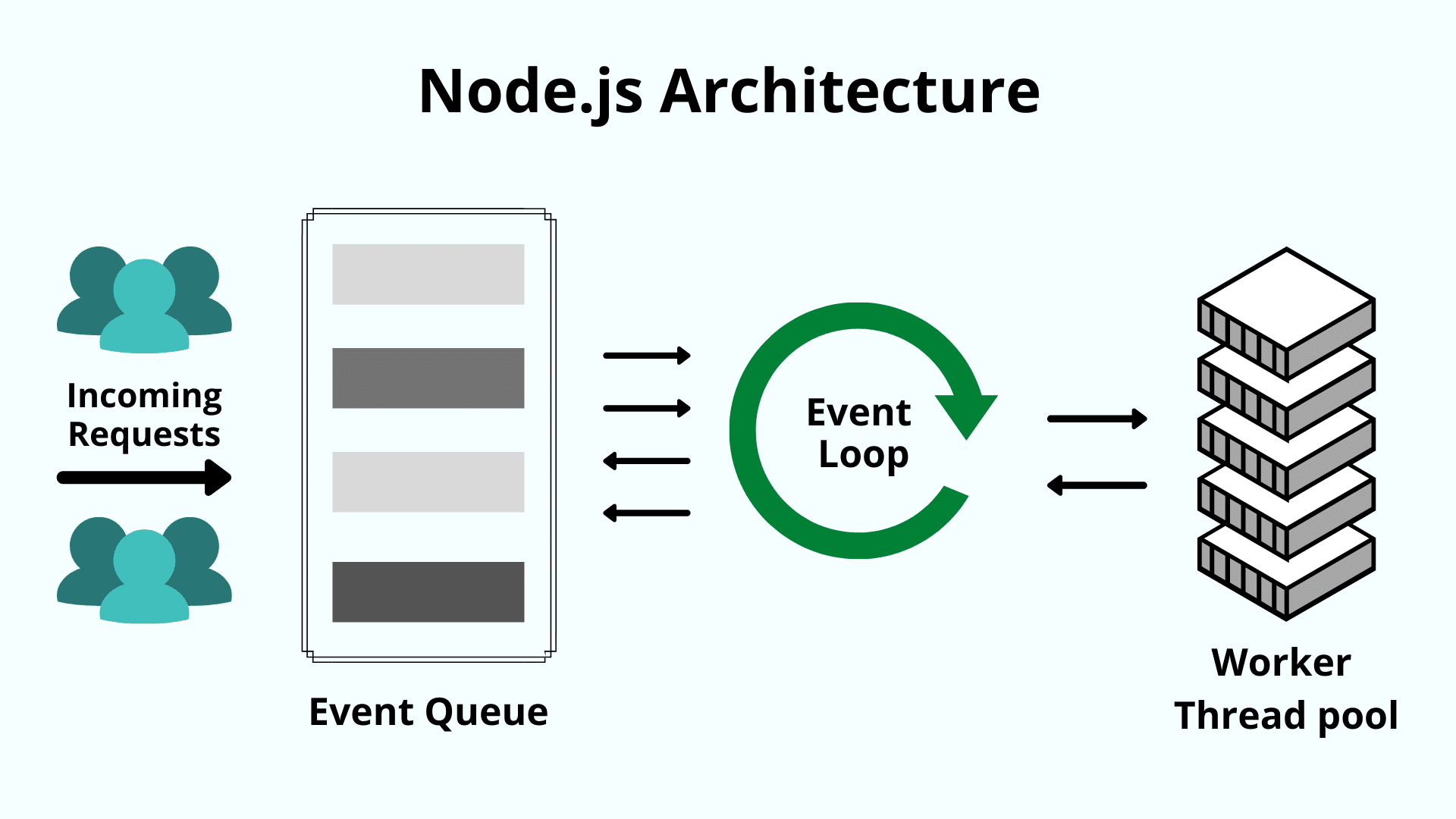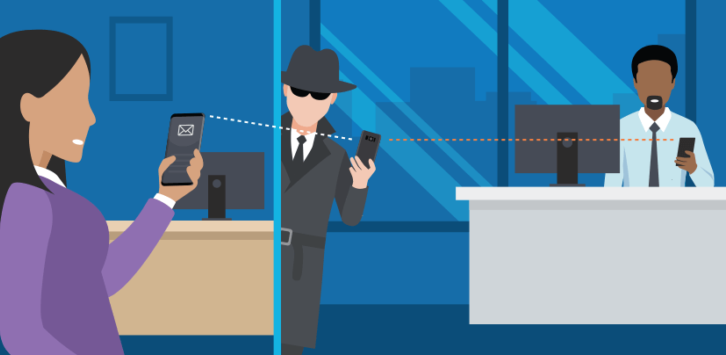
Security measures for e-commerce are increasingly important as more people shop online. These security measures will focus on the website's transaction side, trust between clients as well the outflow site, and any vulnerabilities in the defense. While traditional perimeter defenses work well to protect against intruders and can prevent all types of online attacks, they cannot stop all. Ecommerce security measures have become more popular by focusing on the weakest points of a defense.
Multi-factor authentication
Multi-factor authentication (MFA), which helps to reduce fraud and protect administrative data, is an essential part of online security. Experian recently found that only 44% businesses use this method. Modern MFA solutions offer convenience and security. For more information on multi-factor authentication, visit the NIST Cybersecurity Practice Guide.
Multi-factor Authentication (MFA) temporarily locks an account when suspicious activity is detected. This can help protect sensitive data and keep out unwanted guests. It also gives you more control over the authentication process.

System for verifying addresses
A Address Verification Service is one of the most commonly used security measures in ecommerce. This service compares the billing address for a purchaser to that which is on file at the issuing bank. This allows merchants the ability to prevent fraudulent transactions from happening.
During the comparison step, the issuer verifies that the address' numeric portion includes the ZIP/postal codes and the residence number. This process can be more complicated for apartment or suite addresses. However, transactions that include the street name may still be approved by the address verification system if they are.
Encryption
E-commerce security measures can include encryption to help protect customer private information from unauthorized access. This is crucial for any type or internet transaction, no matter if you're selling a product of a service. Any security breach will affect your customers' confidence with your e-business.
Security issues for ecommerce websites are common, but they are highly technical. There are many trained security experts that can help. Cyber-attacks are expensive. You can avoid them by making sure that your customers' information is secure.

Content delivery network
Content delivery networks (CDNs) are large systems of servers that deliver online content based on the location of the user. Contrary to hosting, which only serves content from one server, content delivered via a CDN is distributed across multiple servers to maximize download speed. CDN content is generally highly secure. The CDN must protect the content of a web site that contains personal information.
CDNs can be used to protect companies' information by filtering harmful content. Many CDN service companies offer website security services to prevent data breaches. No matter what type of CDN your company uses, you must determine the level of protection that you require for business-critical content.
FAQ
Do I Need Any Technical Skills To Design And Build My Site?
No. All you need to understand HTML and CSS. You can easily find tutorials online that teach both HTML and CSS.
What HTML and CSS are available to help me build my website?
Yes! You should be able to create a website if you have been following the instructions.
Now that you are familiar with how to create a website's structure, you will also need to be familiar with HTML and CSS programming.
HTML stands to represent HyperText Markup Language. It's like creating a recipe for a dish. You would list ingredients, directions, etc. HTML also tells a computer what parts of text should be bolded, underlined or italicized. It's the language for documents.
CSS stands for Cascading Style Sheets. It's like a stylesheet for recipes. Instead of listing every ingredient and instructions, you create general rules about font sizes, colors, spacing and other details.
HTML tells the browser how a page should look; CSS tells it what to do.
Don't worry if you don't know the meaning of either one of these terms. Follow these steps to make beautiful websites.
What is the cost of creating an ecommerce website?
This depends on your platform and whether you hire a freelancer or go through a service provider. eCommerce sites usually start around $1,000.
Once you've chosen a platform you can expect to pay $500-$10,000.
A template is usually less than $5,000 if you plan to use it. This includes any customizations that you might need to suit your brand.
What Websites should I make?
The answer to this question depends on your goals. To build a business around your website, you may want to focus on selling products online. This can only be achieved by building a solid eCommerce website.
Blogs, portfolios, as well as forums are some other popular web types. Each of these requires different skills and tools. To set up a blog for instance, you'll need to learn about blogging platforms like Blogger and WordPress.
When you choose a platform, you will also need to figure out how to customize the look of your site. There are many templates and themes that are free for each platform.
After you have chosen a platform, it is time to add content. Your pages can be filled with images, videos and text.
You can publish your website online once you have launched it. Visitors can access your website in their browsers once it is published.
Statistics
- Did you know videos can boost organic search traffic to your website by 157%? (wix.com)
- When choosing your website color scheme, a general rule is to limit yourself to three shades: one primary color (60% of the mix), one secondary color (30%), and one accent color (10%). (wix.com)
- At this point, it's important to note that just because a web trend is current, it doesn't mean it's necessarily right for you.48% of people cite design as the most important factor of a website, (websitebuilderexpert.com)
- Is your web design optimized for mobile? Over 50% of internet users browse websites using a mobile device. (wix.com)
- It's estimated that in 2022, over 2.14 billion people will purchase goods and services online. (wix.com)
External Links
How To
How can I choose the right CMS for me?
There are two types in general of Content Management System (CMS). Web Designers use Static HTML or Dynamic CMS. WordPress is the most used CMS. Joomla! is an excellent CMS for making your site professional and well-organized. Joomla! is an open-source CMS that allows you to create any type of website design. It's very easy to use and configure. Joomla includes thousands of templates and extensions so you don't have to hire a programmer to build your site. Joomla is also free to download and install. Joomla can be used for many purposes.
Joomla is a powerful tool to help you manage every aspect of your site. It offers features like a drag-and-drop editor, multiple template support and image manager. You can also manage your blog, blog, eCommerce, news feeds, and more. All these features make Joomla a good choice for anyone who wants to build their website without spending hours learning how to code.
Joomla works on almost all devices. You can easily create websites for multiple platforms with Joomla.
There are many reasons Joomla is preferred over WordPress. Some of them include:
-
Joomla is Open Source Software
-
It is easy to install and configure
-
There are thousands of ready-made templates and extensions
-
Download and use this free software
-
Supports Almost All Devices
-
Powerful Features
-
Great Support Community
-
Very Secure
-
Flexible
-
Highly customizable
-
Multi-Lingual
-
SEO Friendly
-
Responsive
-
Social Media Integration
-
Mobile Optimized